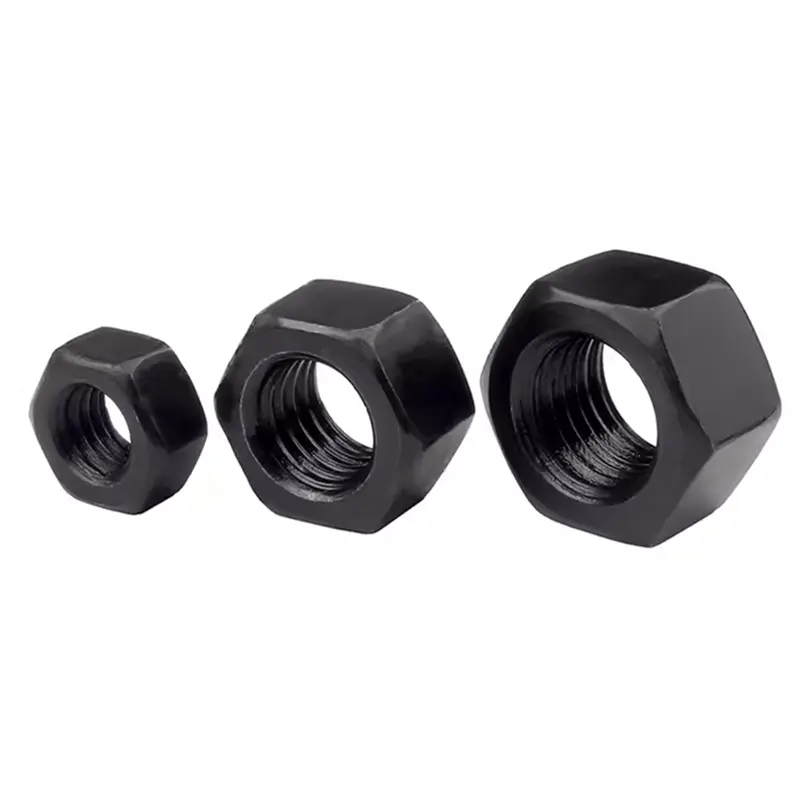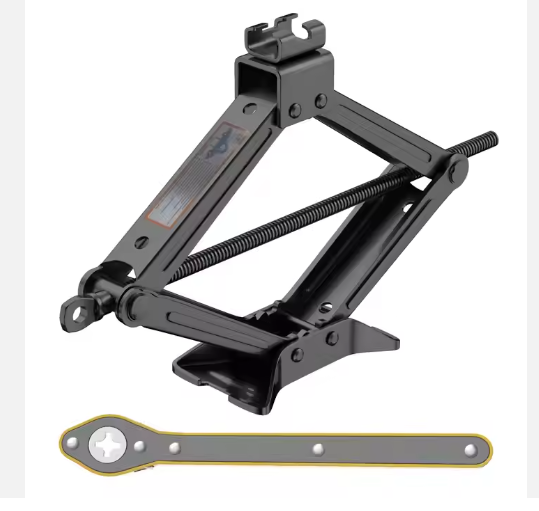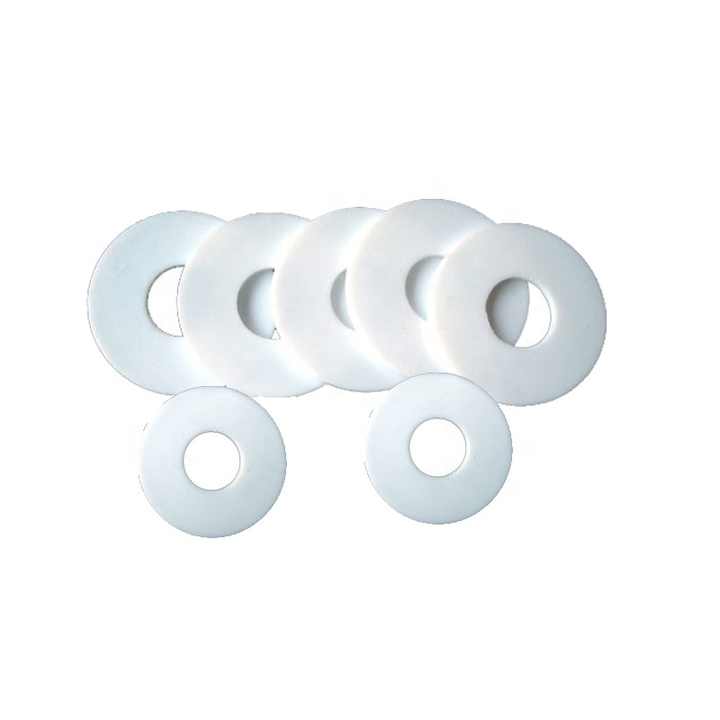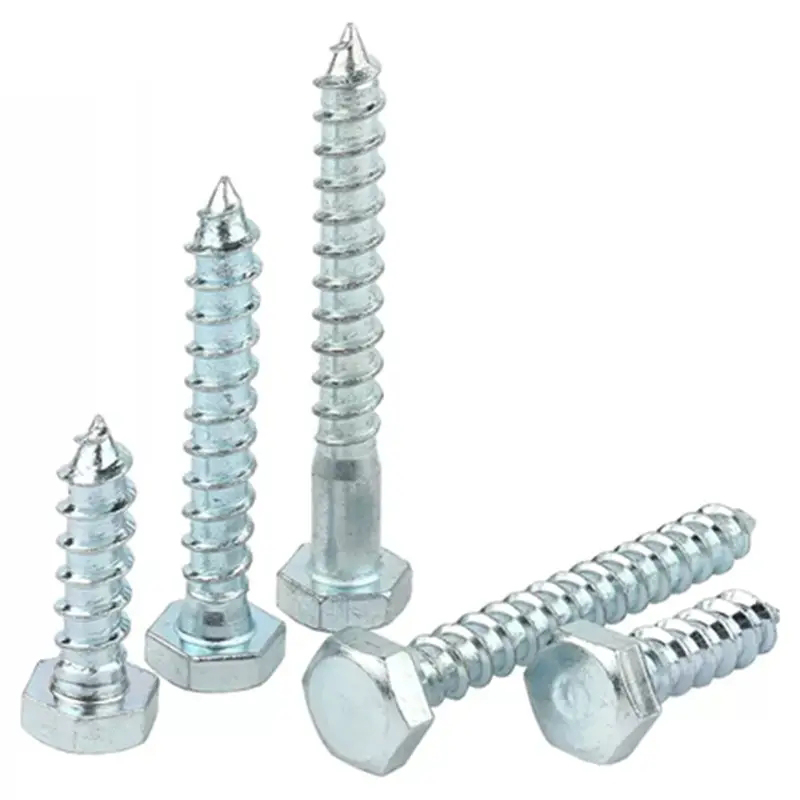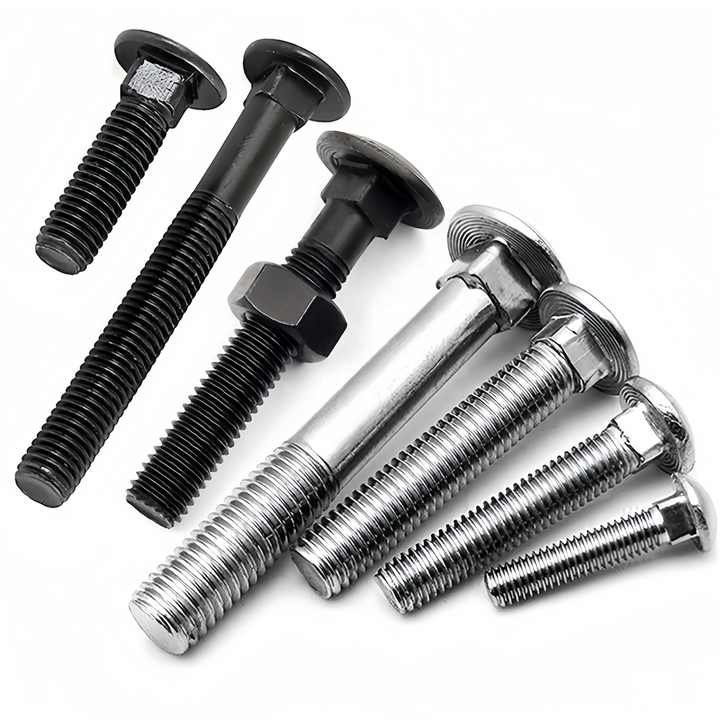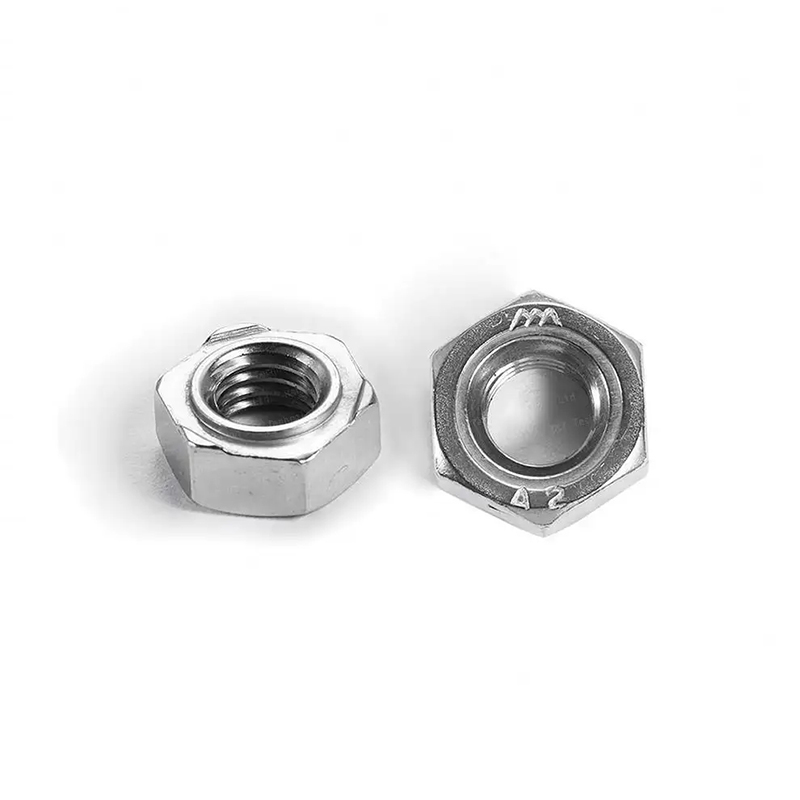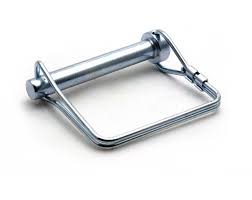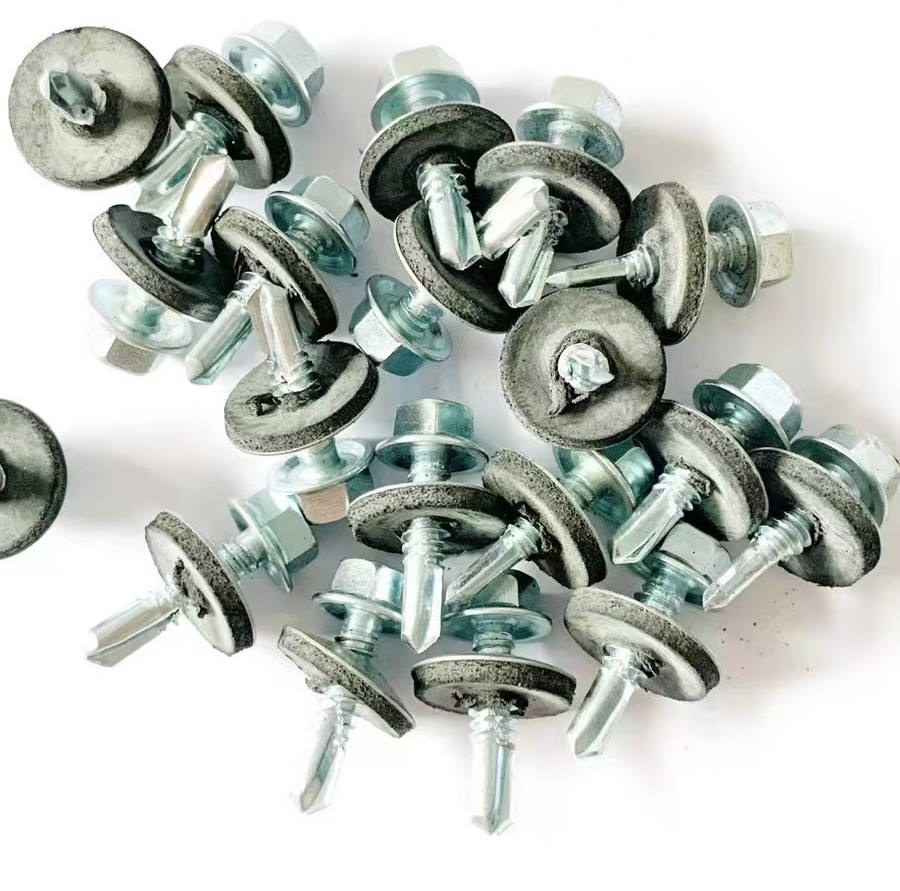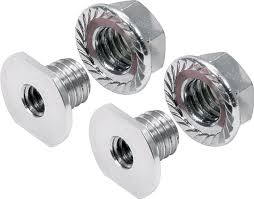

Chemical Anchor Bolts: A Comprehensive GuideThis guide provides a detailed overview of chemical chemical anchor bolts, covering their types, applications, installation, and advantages. Learn how to choose the right chemical anchor bolt for your project and ensure a secure and reliable installation.
Chemical anchor bolts, also known as chemical anchors or adhesive anchors, offer a superior solution for securing heavy-duty applications in various materials. Unlike traditional mechanical anchors, these anchors utilize a high-strength adhesive to bond the bolt to the substrate, resulting in exceptional holding power and versatility. This comprehensive guide will delve into the specifics of chemical anchor bolts, providing you with the knowledge necessary to make informed decisions for your next project. We'll explore different types, installation techniques, and crucial considerations for ensuring a robust and safe anchoring solution.
Epoxy-based chemical anchor bolts are the most common type, known for their high strength, versatility, and excellent resistance to chemicals and temperature fluctuations. They're suitable for a wide range of substrates, including concrete, masonry, and stone. The setting time varies depending on the specific product and environmental conditions. Always refer to the manufacturer's instructions for accurate curing times.
Polyester-based chemical anchor bolts offer a faster curing time compared to epoxy-based options, making them ideal for projects where speed is crucial. However, they may exhibit slightly lower strength and may be less resistant to certain chemicals. These are often suitable for less demanding applications.
Vinylester-based chemical anchor bolts provide a balance between the speed of polyester and the strength of epoxy. They offer good chemical resistance and are suitable for a wide variety of applications.
Selecting the appropriate chemical anchor bolt requires considering several factors:
Proper installation is crucial for ensuring the effectiveness and longevity of chemical anchor bolts. The process typically involves:
Chemical anchor bolts offer several advantages over traditional mechanical anchors:
| Type | Strength | Curing Time | Chemical Resistance |
|---|---|---|---|
| Epoxy | High | Moderate to Long | Excellent |
| Polyester | Moderate | Fast | Moderate |
| Vinylester | High | Moderate | Good |
For a reliable and extensive range of high-quality chemical anchor bolts, consider exploring the offerings from Hebei Dewell Metal Products Co., LTD. They are a leading provider of fasteners and anchoring solutions.
Remember to always consult the manufacturer's instructions for specific details regarding installation and safety precautions. Using the correct type and size of chemical anchor bolt, along with proper installation techniques, ensures a secure and lasting connection.

